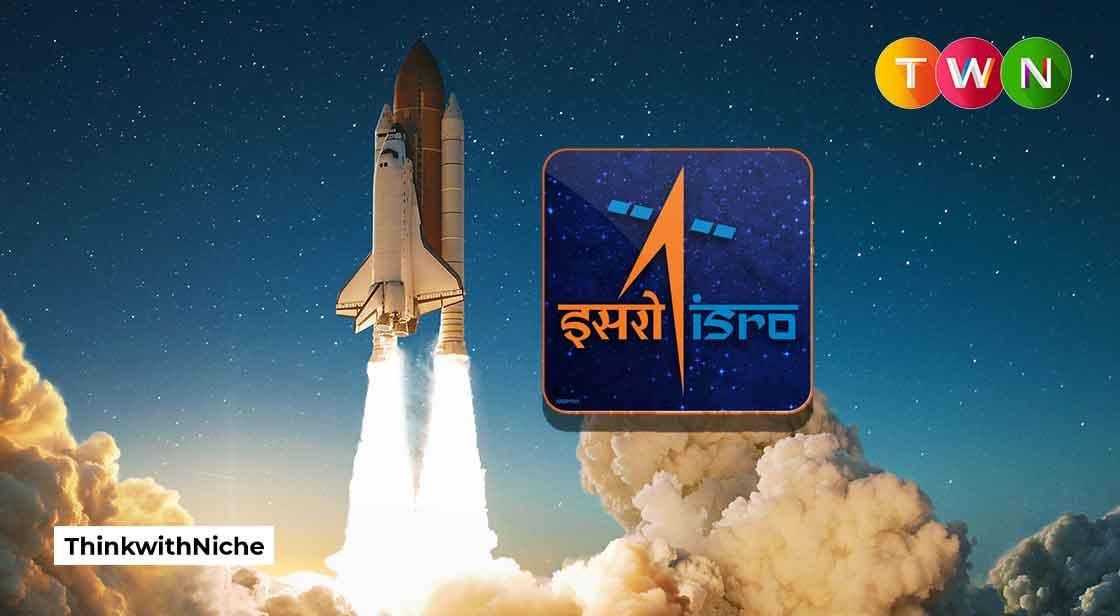ISRO Chief Narayanan: EOS-09 Satellite Launch Mission Unsuccessful

News Synopsis
The Indian Space Research Organisation (ISRO) faced a setback on Sunday as the EOS-09 satellite mission ended in failure due to a technical issue during the third stage of the launch. ISRO Chairman V. Narayanan confirmed that an anomaly was observed, preventing the mission from being accomplished.
“During the functioning of the third stage, we observed an anomaly, and the mission could not be accomplished. After detailed analysis, we will provide further updates,” said Narayanan.
PSLV-C61 Performed Normally Until Second Stage
In an official statement on X, ISRO noted that this marked the 101st launch attempt. The PSLV-C61 launcher functioned normally up to the second stage. However, an issue emerged during the third stage, halting mission success.
“PSLV-C61 performance was normal up to the second stage. Due to an observation in the third stage, the mission could not be accomplished,” ISRO posted.
Technical Issue Detected in Third Stage
The third stage of the PSLV-C61 launch vehicle is a solid rocket motor that delivers a high thrust of 240 kilonewtons to carry the upper stage further after exiting the Earth’s atmosphere. According to ISRO, this stage encountered an unexpected issue that disrupted the mission timeline.
EOS-09: A Critical Earth Observation Satellite
EOS-09 was designed to be deployed in a Sun-Synchronous Polar Orbit (SSPO). It was equipped with advanced C-band Synthetic Aperture Radar (SAR) technology capable of capturing high-resolution images of Earth under all weather conditions, day or night. The satellite was built to support applications in surveillance, resource management, and disaster response.
Mission Plan Included Responsible Space Practices
The mission strategy included using Orbit Change Thrusters (OCT) to lower the altitude of the PS4 stage before passivation—a process that minimizes space debris by reducing the orbital lifespan of defunct modules. EOS-09 was also equipped with deorbiting fuel to ensure safe disposal at the end of its operational life, aligning with ISRO’s sustainability goals.
Conclusion
The unsuccessful launch of ISRO's EOS-09 satellite marks a rare but significant setback for India’s space program, which has otherwise witnessed numerous successes in recent years. The failure, caused by an anomaly during the critical third stage of the PSLV-C61 rocket, underscores the inherent complexities and technical challenges of space missions. EOS-09 was a high-priority Earth observation satellite equipped with state-of-the-art radar imaging capabilities aimed at strengthening surveillance, disaster management, and resource monitoring across India. Despite the setback, ISRO's proactive commitment to space sustainability—evident in its mission design for debris mitigation and responsible deorbiting—highlights the agency’s forward-looking approach. As ISRO undertakes a detailed investigation to identify the root cause of the anomaly, this experience will likely yield valuable insights to enhance future mission reliability. The agency remains resilient, and such challenges are stepping stones in the broader journey of innovation, precision, and exploration in India's growing space ambitions.
You May Like









